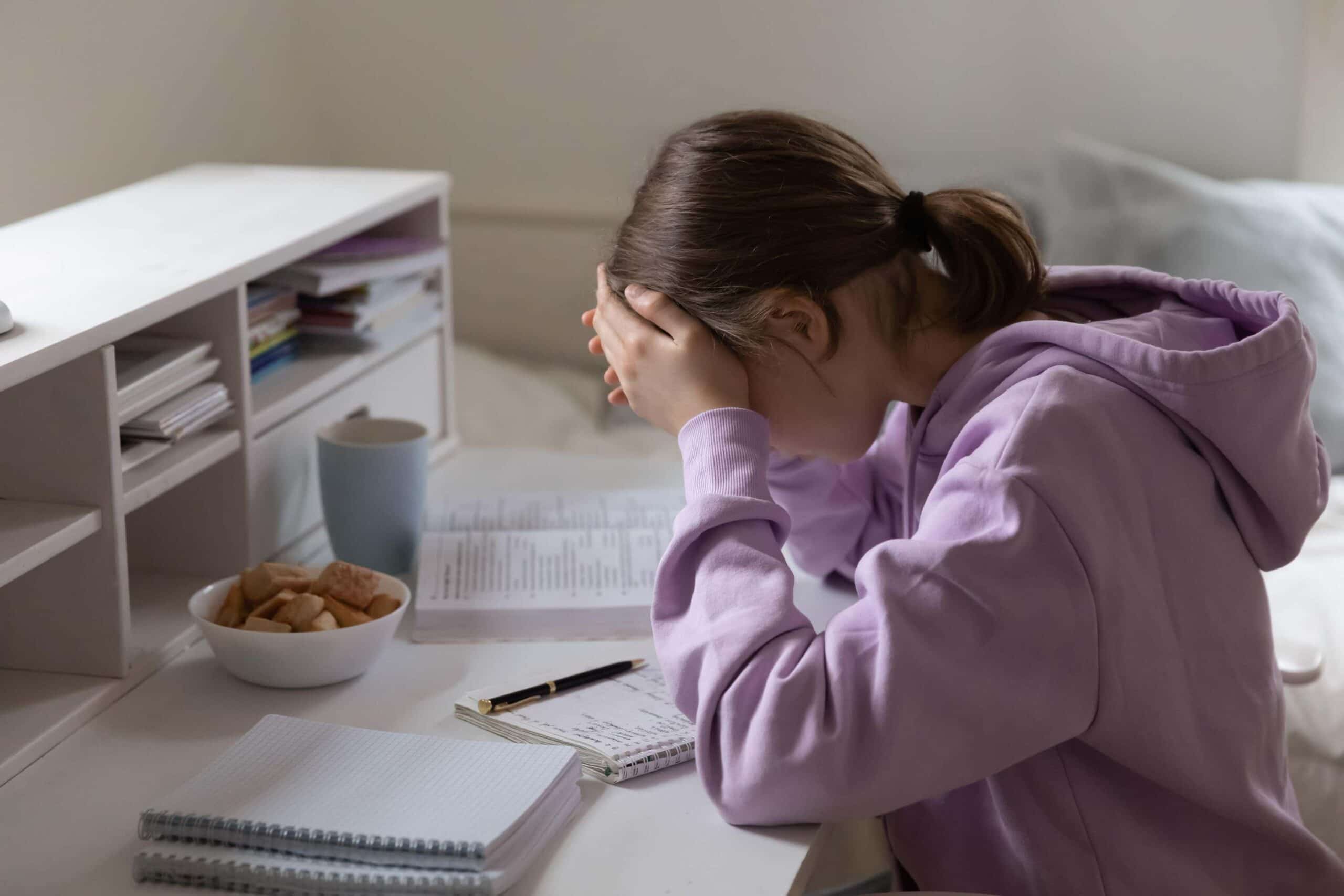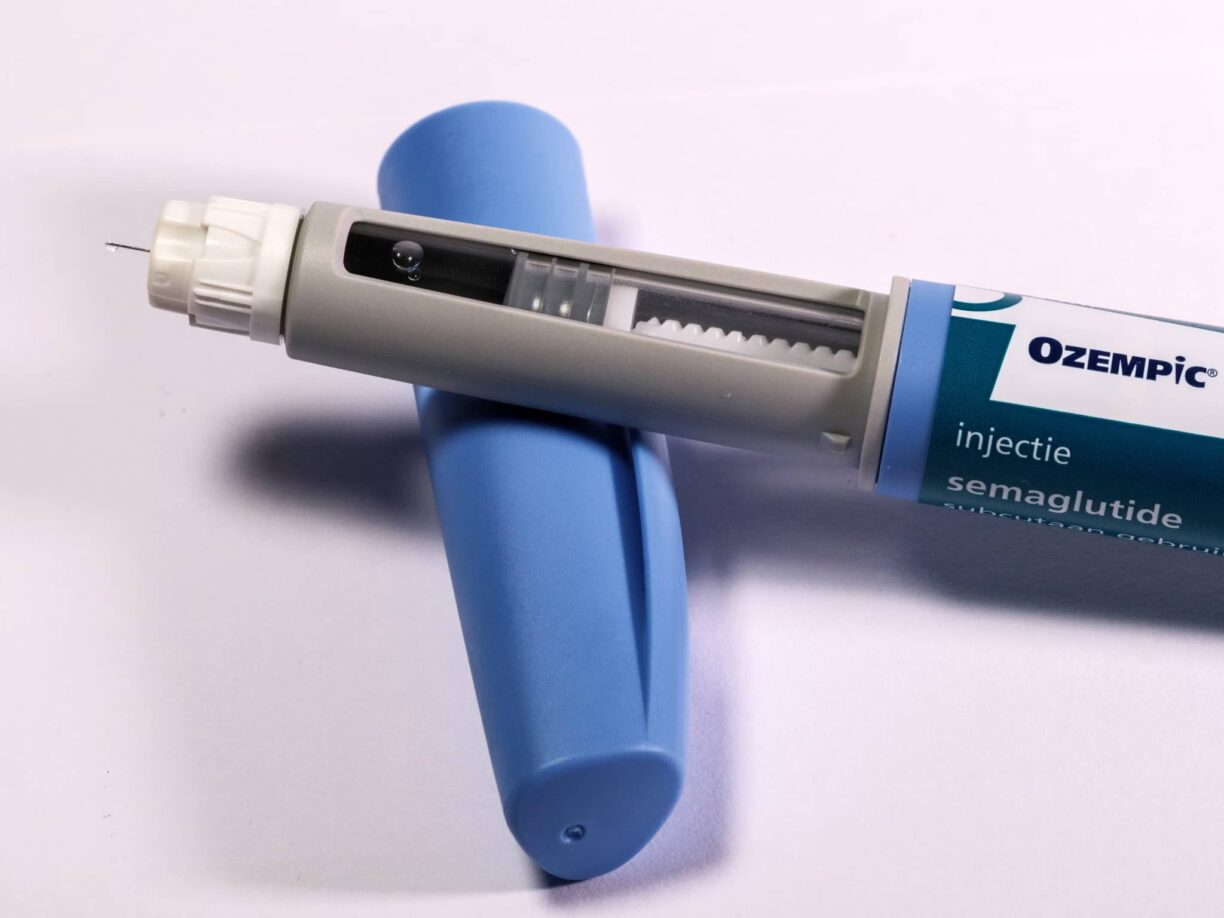A record number of children and young people are waiting for treatment in England for an eating disorder, according to new figures.
NHS data, which was analysed by the Royal College of Psychiatrists, shows that the number of under 19-year-olds waiting for urgent treatment has more than tripled between June 2020 and June 2021, from 56 to 207.
The figures also showed there was a record 1,832 patients waiting for routine treatment, up from 441 a year before.
Experts are now warning of “overwhelming” demand, and calling for action as delays for treatment can potentially put lives at risk.
Common types of eating disorders are anorexia, bulimia, binge eating, and avoidant or restrictive food intake disorder. As a parent, it’s important to be able to spot the signs that their child may be struggling – so here experts answer some of our key questions.
Why are more children and young people affected by eating disorders?
“All mental illnesses appear to be increasing and also developing in younger people,” says Dr Lorna Richards, a consultant psychiatrist specialising in eating disorders at Priory’s Life Works centre in Woking.
“Eating disorders can make young people feel more able to cope, and also provide a distraction from life’s difficulties and uncertainties. Whilst media images and social media do not cause eating disorders, their prevalence creates pressure to achieve particular body types, in both girls and boys.
She continues: “In those who have pre-existing vulnerability, this can lead to the development of serious illnesses such as anorexia nervosa, bulimia nervosa and binge eating disorder.”
Eating disorder charity BEAT’s director of external affairs, Tom Quinn, adds that the pandemic has had a significant impact on people with eating disorders: “Sadly it is not surprising to see cases in children and young people increasing.
“For some, who already had an eating disorder, their illness has worsened, while more people have developed an eating disorder for the first time, and others who thought they had recovered from their eating disorder have relapsed. People that we support [at Beat] have cited increased anxiety, isolation and lack of support as factors.”
What are the signs parents should look out for?
“Any change in eating behaviour, interest in exercise or weight change might indicate the onset of an eating disorder,” says Richards.
“Often this will be coupled with more general signs of unhappiness such as isolation from friends or family and loss of interest in hobbies, school work or other activities.”
Quinn adds that parents should look out for children who follow strict diet rules, hide food, take a long time to eat food and feel anxious about eating in front of others.
Binge episodes and purging after bingeing by vomiting, over-exercising, using laxatives or diuretics could be signs of bulimia, while children struggling with anorexia may lie about when they’ve eaten to avoid mealtimes.
As family members, Richards says that it’s important to “try and keep a connection with young people”, particularly when there are clear stressors such as during exams, relationship break-ups or disruptions due to the pandemic.
When and how should you get help?
“Eating disorders are serious mental illnesses, and accessing specialist help as soon as possible leads to the best chances of making a full recovery,” stresses Quinn. “If you are worried about yourself or a loved one, it is important to contact your GP at the earliest opportunity.”
When talking to a young person about a suspected eating disorder, Richards advises trying to be “non-judgemental” and to “offer support rather than criticism”.
“People with eating disorders often feel guilty and ashamed as well as fearful that their behaviours will be confronted,” she says.
“If a young person doesn’t feel comfortable talking with you, signpost them towards talking with someone at school or college and encourage them to visit the GP.”
Richards adds: “The BEAT website also has some fantastic advice readily available. Don’t shy away from trying to help as it is often very difficult for people to come forward and ask. The earlier help is received, the better the outcome.”





